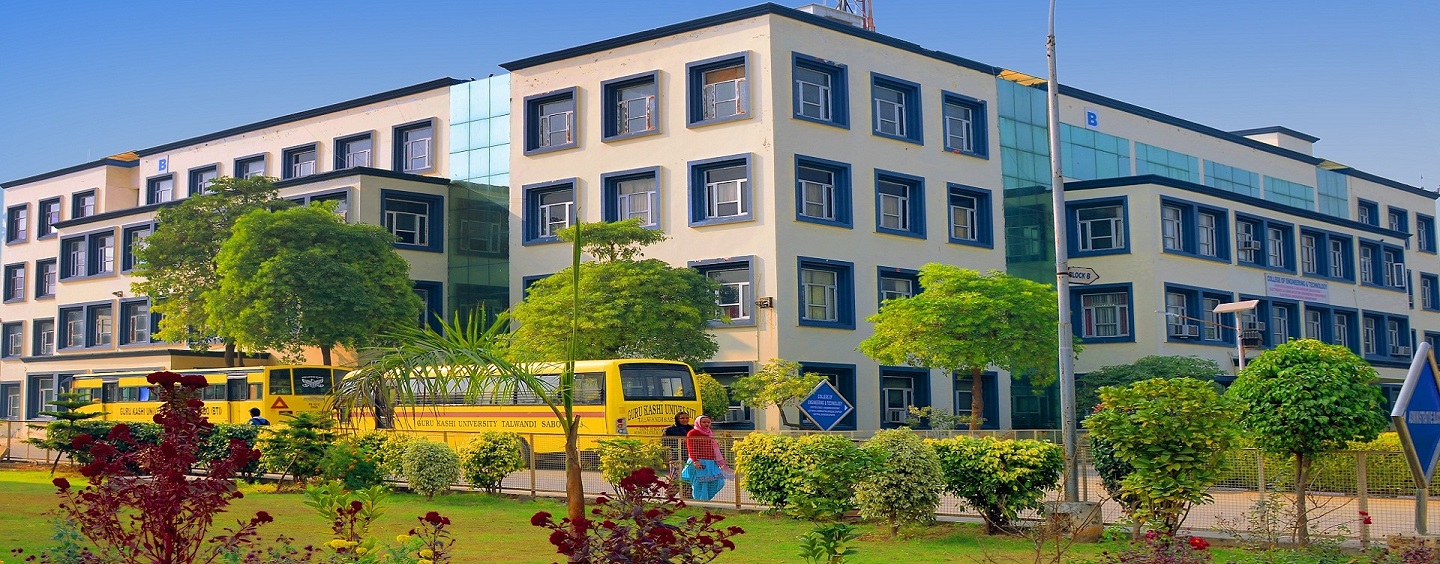
B.Tech Civil Engineering
Contact Us
B.Tech Civil Engineering
Contact UsThe B.Tech program in Civil Engineering teaches students everything they need to know about building stuff like roads, bridges, and buildings. They learn about different areas like how structures work, designing transportation systems, and taking care of the environment.
Students get to do hands-on work in labs, go on field trips, and work on real projects. They learn how to use engineering principles to solve problems in construction, transportation, and environmental protection.
The program focuses on both theory and practical skills to prepare students for jobs in the industry. They study subjects like how structures are designed, soil and fluid mechanics, surveying, and planning for transportation. They also get chances to do internships, training, or research to get real-world experience.
By the end of the program, students are ready for careers in construction, city planning, environmental protection, and more. It's an excellent foundation for a variety of jobs in bachelor of engineering
Explore the vibrant world of civil engineering at Guru Kashi University in India, where tradition meets innovation. Our Civil Engineering Department offers a stimulating academic environment, blending theoretical knowledge with hands-on training. With state-of-the-art laboratories and expert lectures, we prepare graduates to tackle real-world challenges head-on.
Guru Kashi University offers an exceptional learning experience for aspiring civil engineers. With its curriculum, hands-on approach to learning, experienced faculty, and industry collaborations, GKU stands as a premier institution for civil engineering education in India. Therefore, individuals looking to pursue a career in top colleges in india for civil engineering have a wide range of exceptional options to consider.
Join us and embark on an exciting journey to shape the future of infrastructure and make a positive impact on society. Your adventure begins here.
7K+ Students
100+ Courses
25+ Countries
B.tech Civil Engineering Eligibility
You should have scored at least 50% marks in Mathematics, Physics, Chemistry, and Biology during your 10+2 education.
Apart from the subject-wise marks, you also need to have an overall score of 50% in your 10+2 exams. But if you belong to the SC, ST, or OBC category, a slightly lower score of 40% is okay.
If you've completed a diploma program in mechanical or related sciences after class 10, you might be eligible for direct admission.
After completing a b tech degree in civil engineering, you'll find lots of job options in both government and private sectors. You could work in construction companies, government offices, consulting firms, or research organizations.
With more and more need for building and improving infrastructure, as well as focusing on eco-friendly construction, there are plenty of opportunities for best civil engineering colleges in india graduates to have successful and fulfilling careers.

Alumni Gather at
the Annual Meeting to
share stories and celebrate. The Events
Saw Over 800 Attendees.
At Guru Kashi University, our vision in civil engineering is to foster innovation, sustainability, and societal impact through transformative research and education. We strive to cultivate a community of forward-thinking engineers equipped to tackle global challenges and drive positive change in the built environment. Our mission is to impart knowledge, instill values, and inspire leadership in civil engineering, shaping the next generation of professionals who will improve the world. Write in the best way.
Ans: To become a civil engineer, you usually need to earn a bachelor's degree in civil engineering or a similar field. In these programs, you'll study subjects like math, physics, engineering mechanics, and construction systems. Classes involve a mix of regular lessons and hands-on work in labs. This education gives you the knowledge and skills you need to design and build things like roads, bridges, and buildings. After earning your degree, you can start working as a civil engineer or continue your studies with further education or training if you want to specialize in a particular area of civil engineering.
Ans: The best field in civil engineering is structural engineering. Buildings, bridges, and other structures' constituent parts are designed and examined by structural engineers. Structural engineers are in greater demand due to the development of new construction projects and the growing need for infrastructure upgrades.
Ans: In future, the pay scale for civil engineers ranges from approximately INR 7.86 lakhs to 1.54 lakhs annually. This equates to roughly between INR 12,000 and INR 65,000 per month.
Ans: Candidates to the civil engineering program who completed their 10+2 with science as their top-choice subject are given consideration. The preferred courses should include mathematics, physics, and chemistry in addition to a second language.
Ans: Civil engineering involves designing, building, and maintaining infrastructure like bridges, roads, buildings, and water systems. It's about creating safe, efficient, and sustainable structures that meet society's needs. Civil engineers solve problems related to construction, transportation, water resources, and the environment to improve the quality of life for people everywhere.